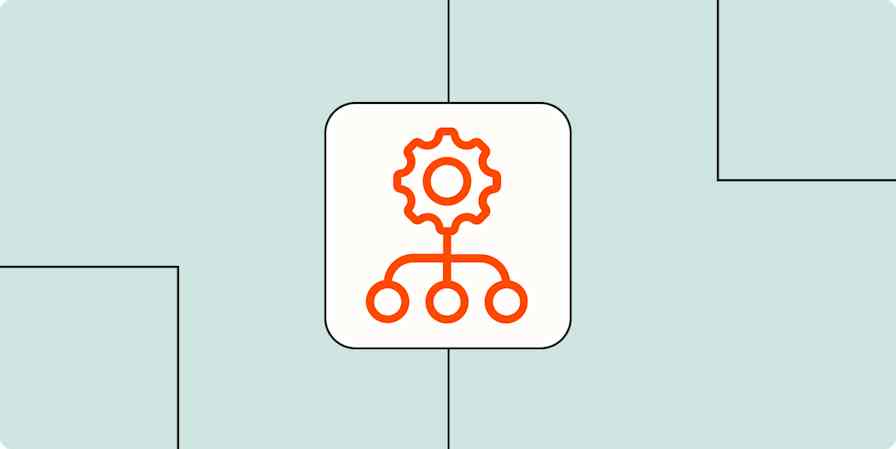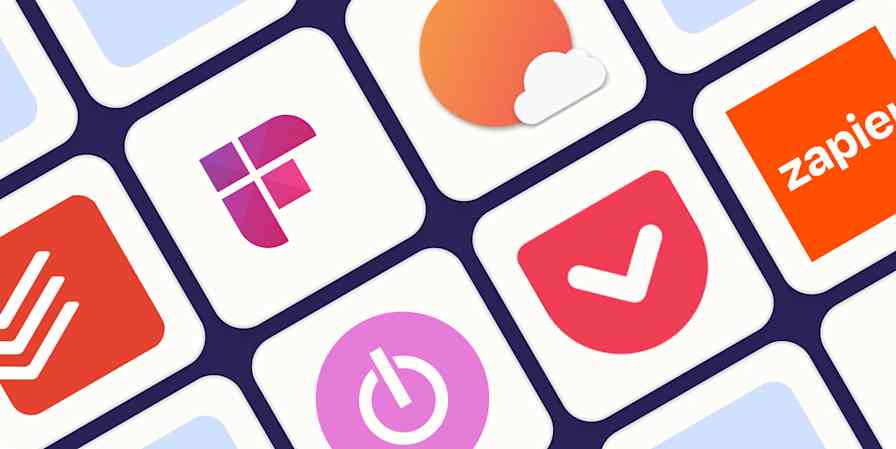Productivity tips
2 min readWhy employers should embrace quiet quitting
By Breetel Graves · September 1, 2022

Get productivity tips delivered straight to your inbox
We’ll email you 1-3 times per week—and never share your information.
Related articles
Improve your productivity automatically. Use Zapier to get your apps working together.








